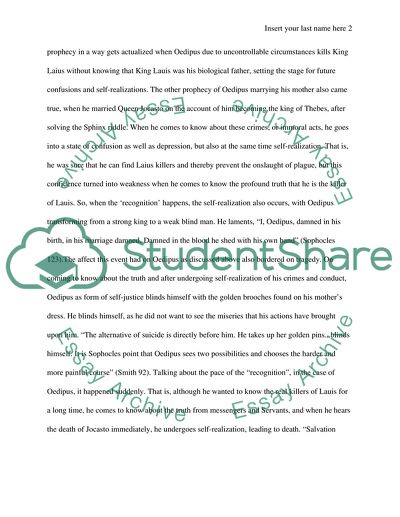Cite this document
(Self-Realization in Oedipus Rex, A Dolls House and The Glass Menagerie Research Paper - 1, n.d.)
Self-Realization in Oedipus Rex, A Dolls House and The Glass Menagerie Research Paper - 1. Retrieved from https://studentshare.org/literature/1750891-self-realization-in-oedipus-rex-a-dolls-house-and-the-glass-menagerie
Self-Realization in Oedipus Rex, A Dolls House and The Glass Menagerie Research Paper - 1. Retrieved from https://studentshare.org/literature/1750891-self-realization-in-oedipus-rex-a-dolls-house-and-the-glass-menagerie
(Self-Realization in Oedipus Rex, A Dolls House and The Glass Menagerie Research Paper - 1)
Self-Realization in Oedipus Rex, A Dolls House and The Glass Menagerie Research Paper - 1. https://studentshare.org/literature/1750891-self-realization-in-oedipus-rex-a-dolls-house-and-the-glass-menagerie.
Self-Realization in Oedipus Rex, A Dolls House and The Glass Menagerie Research Paper - 1. https://studentshare.org/literature/1750891-self-realization-in-oedipus-rex-a-dolls-house-and-the-glass-menagerie.
“Self-Realization in Oedipus Rex, A Dolls House and The Glass Menagerie Research Paper - 1”, n.d. https://studentshare.org/literature/1750891-self-realization-in-oedipus-rex-a-dolls-house-and-the-glass-menagerie.


